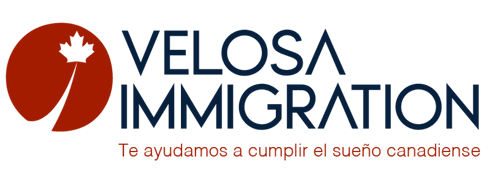You have probably heard about all the benefits of studying in Canada but have you considered what are the benefits of studying a program with a Co-op placement?
Let’s start off with explaining what a Co-op program is

Co-op stands for Cooperative Education, which is a combination of classroom-based education with practical work experience. It allows students to gain real life work experience and get paid while doing it! This allows a smooth transition into the labor market.
This is extremely helpful to international students that do not possess Canadian work experience which puts them at a disadvantage regardless of their work experience in their home country.
You can study these types of programs in a private or public institution. So what is the difference? As an international student the type of institution and program you chose will have an effect on your future immigration status. It is important to note that work experience gained as a student will not count towards permanent residency eligibility.
Studying a Co-op program at a public institution
Studying a program in a public institution in most cases offers the opportunity to obtain a post graduate work permit upon completion of your studies. This in turn allows international students to gain work experience that can count towards their permanent residency eligibility. Hence, why many chose to study at a public college or university however, this comes at a cost.

These programs tend to be more expensive than those offered at a private college and at times longer in duration. Also, due to the number of students, students are left to find their own co-op placement with little to no assistance. However, they offer students the opportunity to migrate with their family (spouse and children). Making them an attractive option for most seeking to obtain permanent residency in Canada.
Studying a Co-op program at a private institution
Studying at a private institution has its advantages and disadvantages. The most attractive aspects are the cost and flexibility of the programs. In comparison to public institutions the tuition fees for international students are much more affordable.
It also offers a flexible schedule allowing students to enroll throughout the year as opposed to fixed dates January, May, and September, like in public schools. However, the inability to have their spouse and children accompany them make these programs suitable for young and single students looking to start a career. While these programs do not make students eligible for a post graduate work permit many are able to extend their stay in two ways:

- They obtain a job offer from the employer they are completing their Co-op placement with.
- They chose to reapply to study in Canada in a program that allows them to apply for a post graduate work permit.
Which one is better?
So if you are asking yourself which institution you should choose, the answer depends on your current situation and future goals. Students that are uncertain about their future career, perhaps are looking to explore the Canadian labour market, have limited resources, are young and single should consider the Co-op program at a private institution.
However, students that are looking to migrate with their families and have the financial means will probably benefit more from a program that offers a post graduate work permit.
If you need help choosing the right program for you, you can book a consultation with our Education Advisor:









